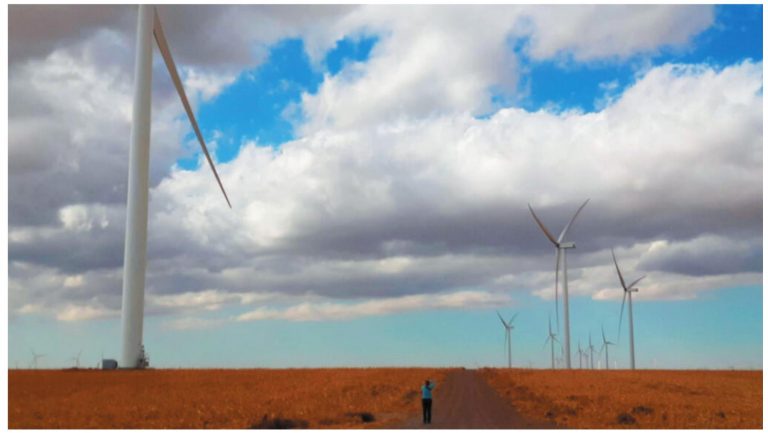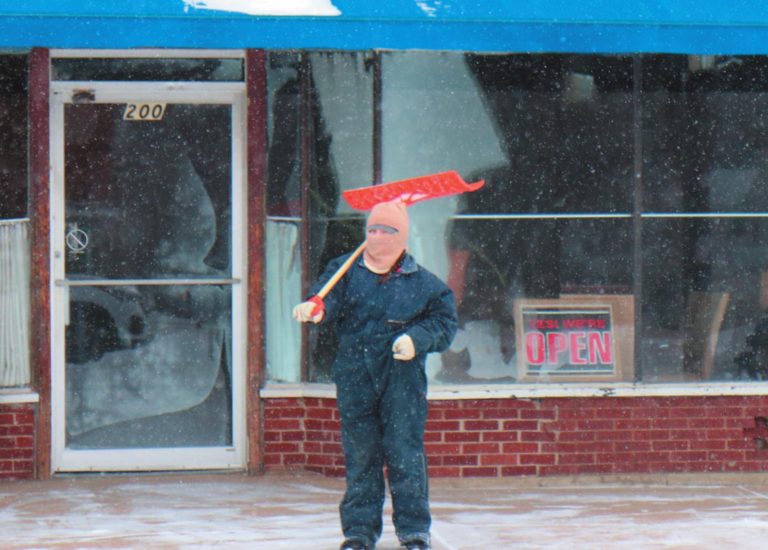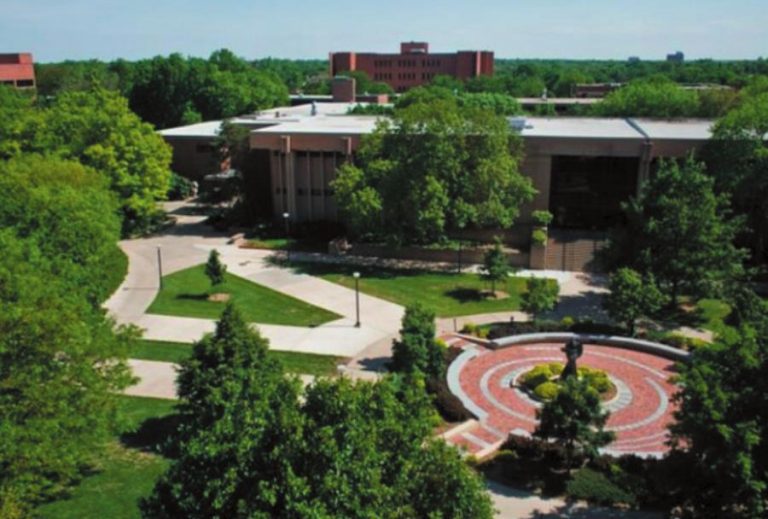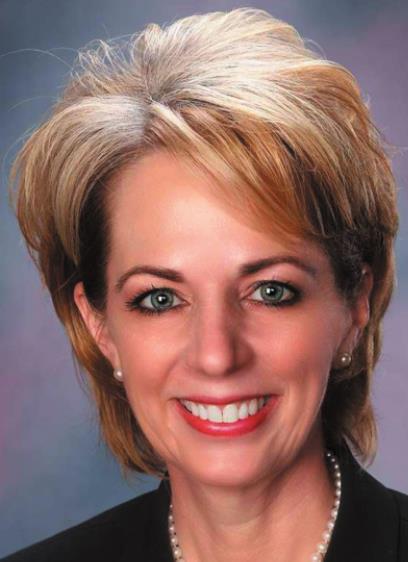Fort Hays State earns accolades for online programs
Recently, FHSU announced six of its online programs were recognized by the U.S. News and World Report as some of the best in the nation.
Recently, FHSU announced six of its online programs were recognized by the U.S. News and World Report as some of the best in the nation.

TOPEKA — The American Civil Liberties Union of Kansas and Loud Light filed two separate lawsuits Monday arguing the congressional map endorsed by a GOP supermajority in the Legislature intentionally violates constitutional rights of Democrats and communities of color.

A series of bills professing to protect rural residents from industrial wind claim to bring transparency, limit abuse and enact safety measures to protect against the supposed health hazards of turbines.

Massive price spikes of natural gas during a cold winter storm – named Uri – are about to be paid for by Kansas Gas customers. Surcharges to gas bills could be around for a decade.

WICHITA, Kan. (AP) — Wichita State University and the University of Kansas will split an $11 million gift to provide full-ride scholarships to undergraduates, according to a news release issued Wednesday.
TOPEKA — The Kansas Senate completed Tuesday a rebuke of Gov. Laura Kelly’s veto of a congressional redistricting map shifting moderate-voting Lawrence to the rural 1st District and realigning the 3rd District to weaken re-election prospects of the state’s lone Democratic U.S. representative.

Fort Hays State University exists to improve lives. Every day, I witness our relentless focus on excellence and the unwavering resilience of my Fort Hays State colleagues. We work hard at supporting our students, faculty, and staff. We are responsible to one another and for one another. Together, we build a better world.
No-tillage (NT) systems provide several benefits to dryland crop production in the semiarid central Great Plains (CGP). These include improvements to soil health, reduced wind and water erosion, fewer energy inputs, increased retention of soil moisture, and improved crop yields. Despite these benefits, maintaining continuous NT and the associated soil conservation benefits are at risk due to a lack of effective control of herbicide-resistant (HR) weeds, as well as issues of compaction and stratification (abrupt changes by soil depth) of soil pH and nutrients. Stratification of soil nutrients and soil acidity could reduce nutrient availability and uptake by crops and increase the chances of nitrogen and phosphorus losses in surface runoff.
This summer, thousands of Kansas teenagers will begin their first job working for a farmer or rancher. For those that are ages 14 or 15, they must complete a tractor safety course in order to be legally employed. A thirteenyear-old may enroll in the training if turning 14 before the next year’s class is offered, but the certificate will not be issued until their fourteenth birthday.

TOPEKA — Senate President Ty Masterson let the dust settle Thursday on the congressional redistricting map debate before sanctioning three Republican colleagues for initially refusing to support the veto override of Democratic Gov. Laura Kelly.